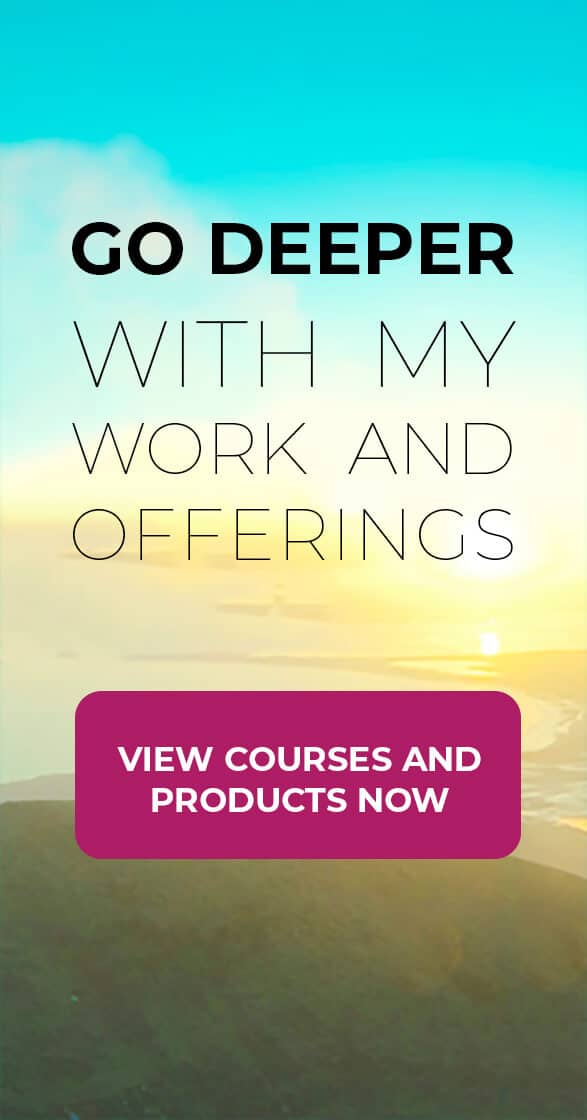Dear friend,
I wanted to share with you a clear understanding of cynicism. Cynics are people who we likely know, we all have or had one of those people around us, the type that distrusts everything new they see or hear, they are intolerant to new ideas, and they are pessimistic about everything. They think they know it all. They are not skeptics. That is a positive trait. They are more the downers who tend to bring everyone else down.
Cynicism comes from a variety of places, but often happens when one is emotionally vulnerable. In other words, lack of self-love or never had enough love in their lives.
The word Cynics comes from Greek philosophers who lived around 445 BC who rejected conventional ideas about money, power, and shelter. Instead, they promoted living simply. The founder of this school of thought, Antisthenes, supposedly was homeless on the streets of Athens and preached a life of poverty. The word cynic stems from the Greek word for dog.
Cynicism is part of a defensive mechanism people use to protect who they are or what they believe is true. It is typically triggered when they feel hurt by or angry at something, and instead of dealing with those emotions directly, they allow them to worsen and distort their outlook on everything.
Oscar Wild the Irish poet says: “A cynic is a man who knows the price of everything and the value of nothing!”
Another cause of cynicism is that the brains are hard-wired to pay more attention to negative experiences. Because of trauma and or other distrust issues. The more negativity they see in the world, the more likely they are to share that temper with others. Over time, that tends to make them more cynical. In severe cases, they will find themselves hating on everything without giving it much thought.
Though cynicism may not be healthy in the long run, it can serve as an emotional coat of armor. Cynics people who have trust issues and are hurting, if you cannot be around them, the least being compassionate with them would be the best thing you can do.
We may remember this, like most things in life, always-on optimism is not healthy either it is all about balance my friend. When we find ourselves being cynical about everything, then it is time to take a closer look at what we are interacting with the world around us, inner work comes in handy here.
If we observe what people are cynical about, we often discover what they lack!
Many of our cynical emotions arise when we are feeling vulnerable. In moments when we are feeling open and are let down, we are far more likely to react by toughening up and becoming defensive. When we enter this state of mind, we are often viewing those around us through the same critical filter through which we see ourselves. This “critical inner voice” is frequently directed at us, telling us we are not good enough or that we are not going to fit in. Yet the harsh judgment of this inner critic can easily be projected outward onto the people around us.
We may start seeing anyone from our closest friend to a distant relative solely for their flaws and fail to have compassion for their own struggles and distractions. Being a glass-half-full kind of person, not only makes us happier but healthier.
Cynics usually are a disappointed idealist.
Research shows that “positive emotions contribute to psychological and physical well-being via more effective coping.” In other words, our positive feelings make us more resilient when facing negative circumstances. So the question becomes: Why not look for the best in people? Why make ourselves suffer over the flaws in others? How can we shake off cynical, destructive points of view and the critical attitudes that lead us in a downward spiral?
Avoiding cynicism does not mean avoiding emotions. It is not about being phony or in fantasy when it comes to our surroundings. it is about improving our own suffering by dealing with emotions directly without letting them color the lens through which we view the world.
It is important to acknowledge our emotions and to allow ourselves to feel them fully. We can then decide how we want to act.
Compassion requires a unique combination of accepting that we each have independent minds that think differently, while also realizing that we are all in the same boat, that we are all hurt in our own ways. Compassion counters cynicism by allowing us to feel our anger, pain, or frustration without taking these feelings to dark places that we do not need.
It is important to accept that we create the world we live in. When we cultivate compassion instead of turning cynical, we feel better. We feel closer to the people we care about and more fulfilled within ourselves. By being open and understanding, we relieve ourselves of our own harmful attitudes, and we draw out the best in those around us.
Stay blessed!
P.S. If you haven’t already checked the 2 samples I am offering for The Transformative Healing Experience it is directly on this link check them out before they are taken offline soon:
http://ziadenergy.com/?p=121736
Much Love,
Ziad



